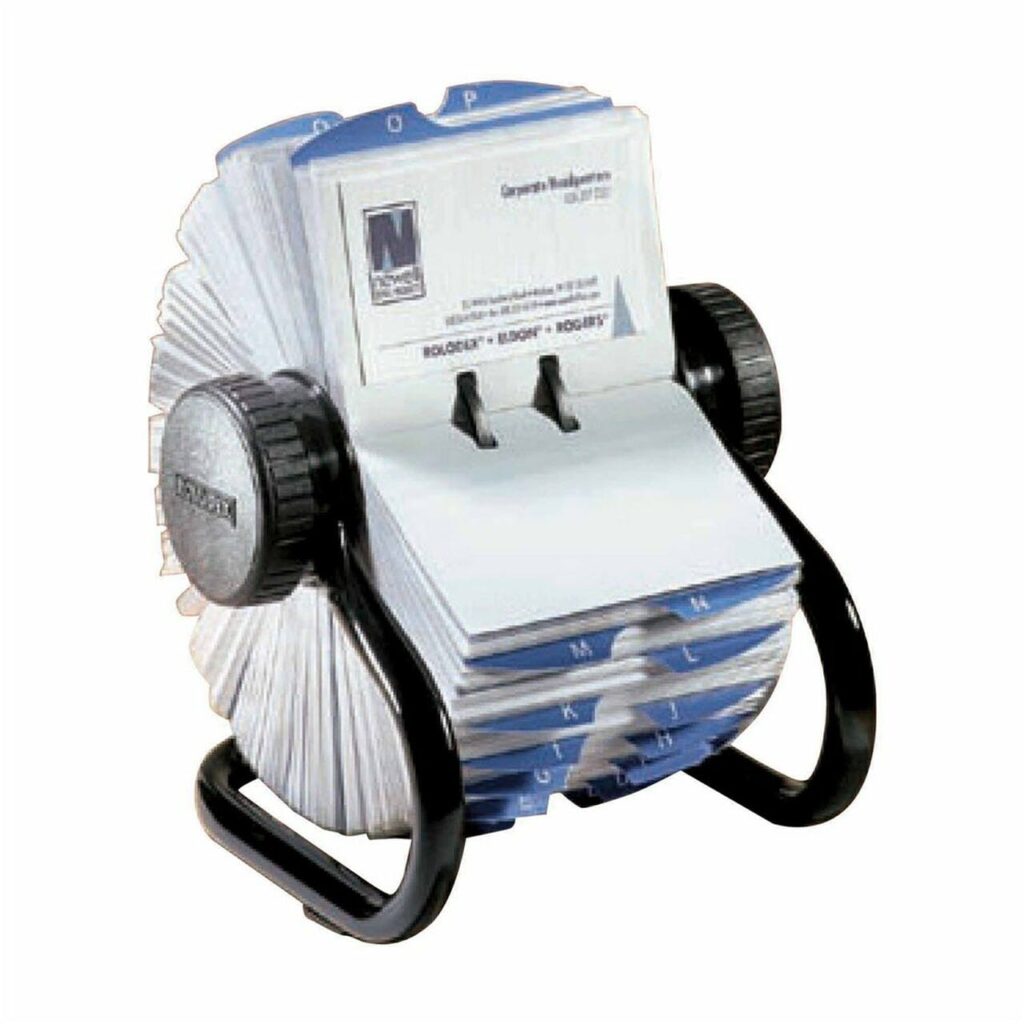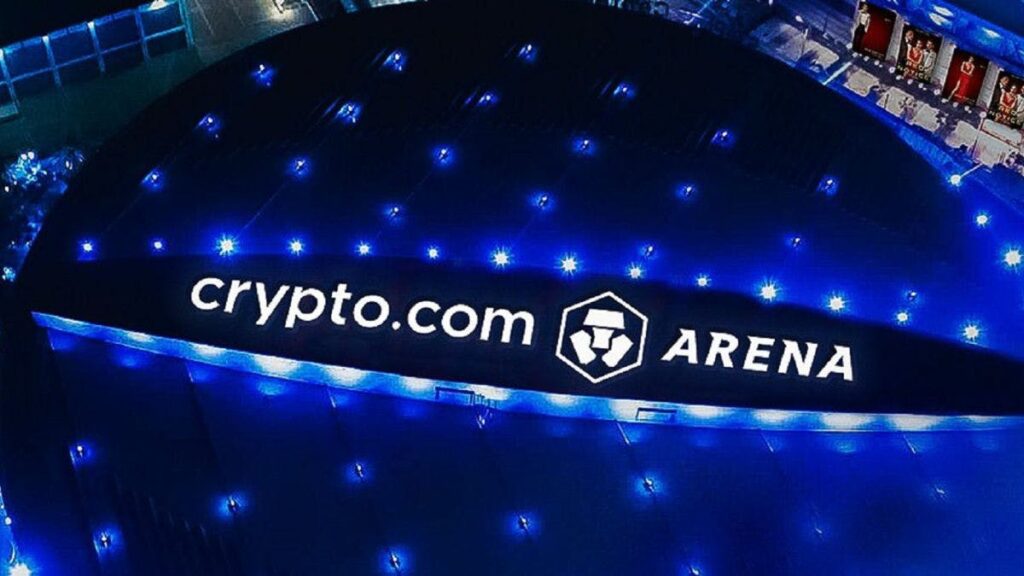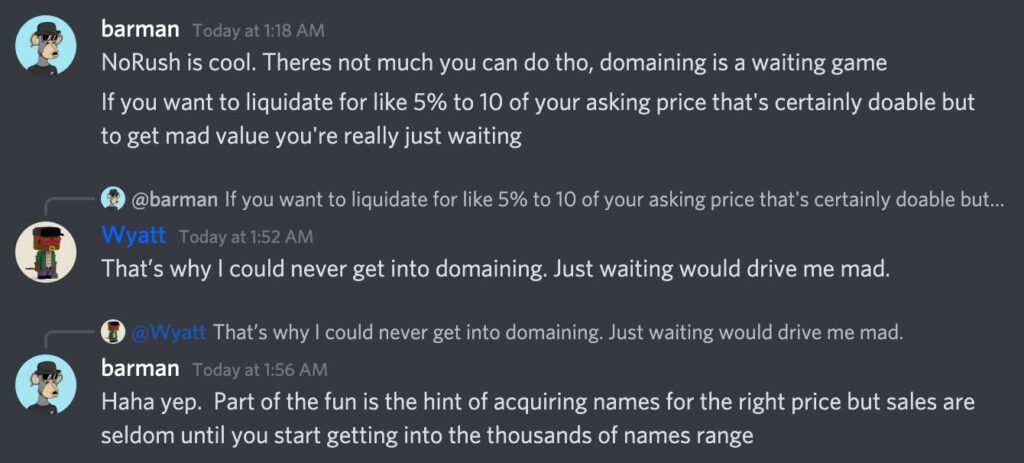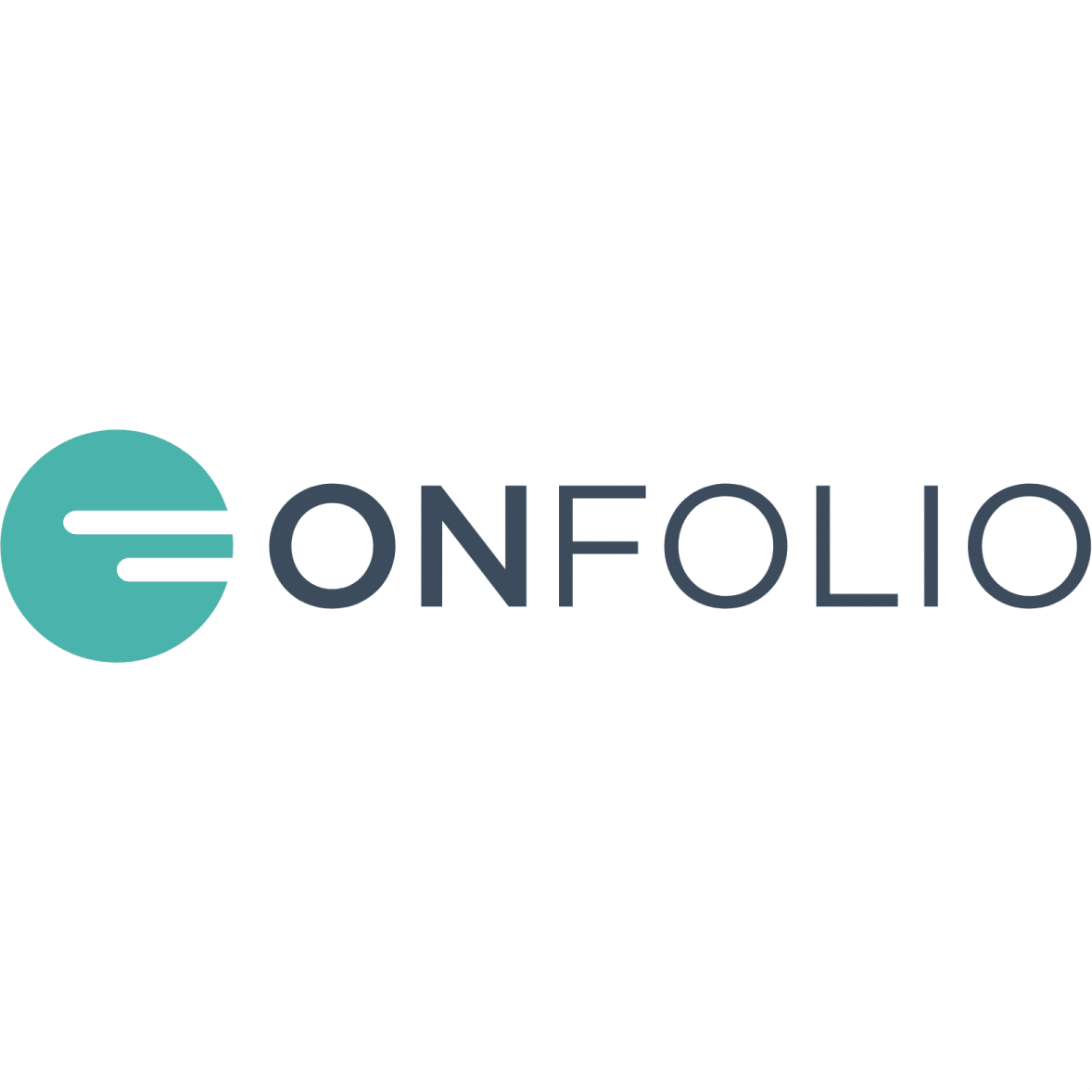We’ve got a special issue for you this week. Today we’re talking domains and have a bonus podcast with Slade Michalec, co-founder of the Lumis Group.
Lumis is a domain broker that helps people secure their own real piece of the Internet. I met Slade last December while we were planning our rebrand. He helped us secure Alts.co and a few other high-value domains.
Horacio and I chatted with Slade about domain valuations, alternative acquisition strategies, and how .com is like the bitcoin of TLDs.
You can also give the podcast a whirl on iTunes.
It’s a timely topic, as this week Rally created what I believe is the first fractional offering on a domain name done through Reg A.
But we’ll get into that in a bit. First, let’s talk about domain brokers, and why they’re needed.
Let’s go 👇
Table of Contents
The problems with buying domains
If there’s one thing I love about investing in domain names, it’s the simplicity.
Domains are easy to find, cheap to register (if you’re the first), and easy to hoard. You don’t have to deal with storage, shipping, crypto wallets, or gas fees. Oh, and there are 360 million of them to choose from.
But there are three big problems with buying domains:
The best domains are already taken
Domains are the digital world’s original speculative asset, because they literally power the Internet. You can spend weeks bashing your head against a wall, trying to find the perfect one.
This has created an entire sub-economy of speculative investing and domain squatting. Your dream name is likely already taken, and even the second-place options are probably not quite right.
Determining who owns a domain is hard
Many domains can be hand-registered, meaning you can just go to GoDaddy or Namecheap and register it yourself.
And through domain aftermarkets like Sedo, Flippa (where I used to work), Afternic, and Dan.com, you can buy or bid on domains in a transparent marketplace. In 2021, the average price of an aftermarket domain was $1,185 (up 27% YoY!)
But if a domain is already taken and it’s not up for auction, determining who actually owns it can be really hard! The obvious way is to look up the WHOIS record. For decades, ICANN (Gods of the Internet) has required the WHOIS record.
However, that doesn’t mean the record needs to be made public. And many registrars, including Namecheap, make the WHOIS record hidden by default. The result is that 15% of domains are now private, including most premium ones.
Negotiation is a pain
Third, negotiation can be extremely difficult. Tools like estibot have tried to use data to estimate price, but they’ve mostly failed. And the reason is simple: Everyone values domains differently.
Sure, we can all agree that money.com or investing.com are fantastic domains. But one man’s trash is another man’s treasure. The concept of relative value is especially acute in this market. Person A may be willing to pay $20k for a domain, while Company B may be willing to pay a million.
Different domains mean different things to other people. It’s all relative. A domain name can be the beginning of someone’s dream, a speculative asset to squat on, or a worthless string of characters. It just depends on who owned it, who owns it now, and who wants to own it.
What is a Domain Broker?
This is where domain brokers come in. Think of a broker as a domain consultant. They operate as sort of an online private investigator 🕵️
Domain brokering isn’t just negotiating deals. They have to find them in the first place. Brokers sleuth and hustle to uncover ownership. They also find out what the (potential) seller may want for it, bring valuations inline (sellers tend to wildly overestimate what their domain is actually worth) and negotiate the sale.
It doesn’t matter if the WHOIS record is hidden. They have the tools, strategies, and a huge Rolodex of industry contacts to figure it out. It’s extremely rare that a broker can’t find out who owns a domain.

Domain brokers also offer extras like trademarking services and brand ownership. And if your top choice is too expensive, they’ll assess the market and compile a list of suitable, more cost-effective options.
But that brings up another great question — probably the most important question in this market: How do you judge the value of a domain?
How to value domains
There are certainly some key metrics used to help get a general sense of a domain’s value. Let’s go through them now.
Extension (TLD)
The more popular & in-demand the TLD (Top-Level Domain, like .com or .org), the higher the baseline value. There are over 1,500 TLDs in existence, but most aren’t very popular.
.com is king. It’s the oldest, the most globally recognized TLD, and has decades of panache. When you’re trying to acquire a domain, the first question you ask is, “Is the .com available?”
In a sense, .coms are like the Bitcoin of TLDs: There are plenty of other options, sure. But .com was first, its legitimacy has been established, and it’s still the most popular cryptocurrency — and perhaps always will be. They command the highest premium value.
Length
Brevity is everything. The shorter the domain, typically the more value it has.
This is a big reason we switched from “alternative assets dot club.” Domains under 10 characters fetch 3-7x the price that domains over 15 characters do.
Oh, and dashes & special characters can kill a domain.

Dictionary words
Single dictionary words (one-word domains) tend to hold a higher value than 2+ word domains, etc.
This echoes the previous indicator where the shorter a domain length is, the more valuable it is (in most instances).
Trending words
Trending words like ‘Coin’ or ‘Cloud’ may also hold a higher value.
Trending words combined with a nice TLD and a dictionary word? That’s serious value. It’s why crypto.com sold for $12 million, acquired naming rights to a stadium, and got Matt Damon to do an ad.

Who owns the domain
To understand pricing, you need to understand the context. Who owns the domain?
Different entities have different motivations and pricing strategies. The domain could be owned by a company that has a vested interest in hanging on forever, or a domain investor who’s looking for an ROI.
This is exactly what makes domain brokers so valuable. The average person will never have this context and insight, but brokers do.
Current use
- Is the domain currently being used?
- If so, is it an exact match for their brand?
- Do they own the domain as it relates to an active product/service?
- Is the domain used internally?
- Are there legacy accounts associated with the domain?
- Are there active emails on the domain?
Brand space
How competitive is the brand space that the domain relates to?
As we pointed out in our last issue of Domains Insider, right now there’s a gold rush on domains containing the word ‘meta.’
The moment you have an inkling something will be big, register the domain right away. If it’s not big after a year, you spent $10 to register. If it blows up, you can make a seriously nice flip.
Comps
Just like with collectibles, this is a big one. Two big questions here:
- What is the price history of this domain?
- At what prices are similar domain names selling?
Looking into the previous sale price of a domain can give an idea of the price a domain owner may be willing to sell.
Comps for similar domains can get tough, because a) most sales are private, not public, and b) comparing one domain to another is apples & oranges.
But it’s possible. You just have to do the hard work.
Market appreciation
Just like everything else, domain names aren’t immune to inflation. This has become much more important over the past 2 years.
Global lockdowns severely impacted businesses’ operations, particularly brick & mortar establishments.
But Covid has had a massive effect on the domains market. 2021 was a record-breaking year for domain name sales. According to NameBio data, the overall sales volume increased by 49.7% YoY.
Domains are big, getting bigger, and will never away. As more entities move from brick & mortar to online, the need for a strong web presence has grown.
Age
Older is generally better, yes. But this is correlation, not causation!
The best .com’s were all registered 20 years ago, so it stands to reason that these older domains would fetch higher prices.
Being older itself doesn’t actually mean that much. But backlinks do…
Backlinks
Backlinks are one of the most underrated (and least well-understood) aspects of domain valuation.
Backlinks are the number of links that point to a domain, and their composition. They’re the cornerstone of all SEO. They’re what gives a website authority, and what gives an aged domain value.
When a website goes under, the backlinks pointing to the site are still active. When you buy an existing domain, you may not realize it, but you’re essentially buying all of the backlinks pointing to it as well!
An aged domain without backlinks isn’t inherently valuable. But an aged domain with backlinks is a whole other story.
And with that said, let us pause for a moment for what is arguably the most perfect segue into an ad we’ve ever done👇
Domain fractionalization is here
This week, Rallyrd.com successfully offered fractional shares of a domain for the very first time — an old web property called directions.com This was not only the first time Rally had done this, from what we can tell it’s the first time any platform has.
Naturally, I was excited! This marks an important moment for domains, as it’s something that has been widely discussed in the past, but never really executed on.
However, it’s a pretty weird entry point into fractional domains. There are thousands of dictionary domains from the mid-90s not in use. But I mean, directions.com? Directions? It feels like the hottest domain of 1996. I don’t see the value anymore.
Between Google and Apple Maps, getting directions is a completely solved problem. There’s likely nothing anyone can build that could compete with Google or Apple maps.
Sure, there are many different, well, directions you could take a domain like this. It could be used for instructional videos. Or a magazine. And it would make a killer name for a megachurch. But why would someone choose this particular domain to do so? .xyz domains are blowing up right now. Why not just pick up directions.xyz for under $25k?
And that’s to say nothing of the price. A ballpark price can be easily assessed by analyzing the word, extension, and length. Directions is a relatively short, one-word, dictionary domain with the .com extension. The domain is associated with mapping or GPS, which again is a completely saturated market.
Comparable sales to take into account are one word .coms that have sold. Here are some decent comps from public sales:
- Instructors.com sold for $140,000 on Oct 25, 2019
- Designers.com sold for $118,000 on Aug 2, 2012
- Providers.com sold for $100,000 on Apr 22, 2018
- Estates.com sold for $90,000 on May 10, 2020
- Answers.com sold for $80,200 on Mar 31, 2004
Realistically, the $140,000 IPO price on RallyRd is high for an investor. The previous sale price of in May of 2020 was $85,000, and it was to an investor, not an end-user. This is a very recent sale and I believe that the price of $140k today is a bit overzealous.
The comps also indicate that $140k is high on the domain’s value from an investor standpoint. The Inferred Value is more likely around $100 – 120k.
Yes, there are 2.7 million broad searches for “directions” each month, but people already sort of know where they want to go. The site has few backlinks and gets just 12 organic visits per month. Twelve!
Another thing to remember is that domains can take a very long time to sell. This isn’t like other asset classes where a new potential buyer comes along every six minutes. Domain owners can wait years for a buyout, sometimes even a decade plus.
In the meantime, you’re either playing the waiting game or hustling to find a buyer. Remember with fractional investing you don’t own the DNS, and given the low organic traffic, you’re unlikely to get any real cash flow.

Again, I could be completely wrong here! Who knows — perhaps Rally gets a buyout offer next month and I’ll eat my words. But that’s okay! The important thing is that you know what questions to ask before investing.
In my opinion, it’s a hard pass. Opinions are a good thing! Opinions make the world go round. (Well, that and fat-bottomed girls.) Don’t let anyone tell you otherwise.

With that said, this is a great moment for domains. It’s the first offering of its kind, and will unlock a whole new era of domain name investment.
It will also bring some much-needed price transparency to the market. Domain markets are a murky pain in the ass. Any public mechanism that helps with price discovery is also a good thing.
And the new fractional domain marketplaces are coming. Just yesterday I found out about cloudname.com — the first all-in-one domain trading & tokenization platform. (H/T Alan from financial professionals)
I’m glad this asset class is getting cool again 😎
If you’d like to contact a broker to help you snag a hot domain, you can’t go wrong with Slade. He can be reached at [email protected]
And if you need a trademark lawyer, I have a contact for that as well.
What do you think? We love hearing from readers. Reply to this email or join our Discord (Now at 1,000+ members!)











